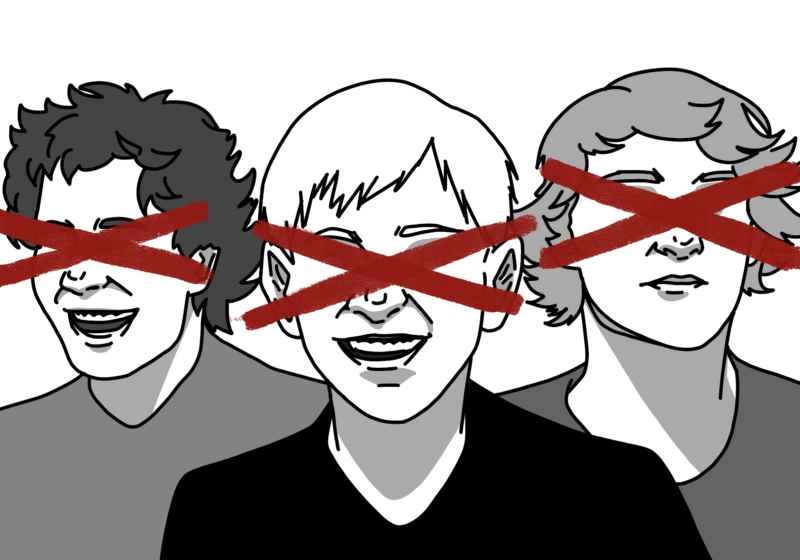Cancel culture: it’s an internet phenomenon that may once have had good intentions, but now stands to be one of social media’s biggest pitfalls.
What is it, exactly? Essentially, the general public on social media platforms came to realize that as fans of a certain celebrity or famous figure, they had a social responsibility to call out their idols for unacceptable behavior. This could range anywhere from discriminatory comments to dangerous behavior, such as going out to huge parties during the peak of the pandemic. People wanted to make it clear that fame did not exempt people from adhering to certain societal expectations, and that their support did not just come from the consumption of the celebrity’s content, but rather their overall image.
At least, that’s what the general idea was originally. It’s pretty similar to the way you begin the semester with some level of organization and unwavering dedication. It’s only a matter of time until you can’t find your desk under the pile of papers, clothes, and coffee cups littered around your room, and get jump-scared by the reflection of what used to look human not so long ago.
The original iteration of cancel culture revolved around holding people accountable for their questionable actions rather than dismissing their mistakes in blind support. Since then, that idea has grown claws, tentacles, and possibly a tail, and has made navigating social media somewhat of a menace.
What used to address large issues turned into digging up celebrities’ pasts to scrounge up any and every misstep they may have made. People began purposefully attacking individuals they disliked for personal reasons, trying to get groups online to rally behind them.
Another problem came from people speaking out on behalf of marginalized groups they themselves aren’t actually a part of. Oftentimes, those who see themselves as allies to oppressed masses will accuse idols of discriminatory actions. However, when those actions are further discussed online, many individuals that are part of those minority groups will state that they were not offended by the content and take no issue with it.
Instead of letting those who are the targets of offensive comments take the reins on whether or not to hold the person accountable, it became a common practice to actively look out for opportunities to be offended and “cancel” or denounce famous people from their high status.
In a world that is becoming more aware of societal issues and learning to be more inclusive of such a diverse range of people, it makes sense that people will make mistakes when using certain terms or talking about specific topics. Does that mean they deserve to be exiled from fame? Should they not get a chance to be educated about their mistake and learn the best way to rectify the problem?
I think that is where the biggest issue lies with cancel culture. Social media is eager to condemn genuine mistakes and treat them the same as intentionally harmful actions. Actual problems need to be called out, mostly because it prevents people who do not adhere to societal courtesies from being a bad influence to younger audiences and demonstrates that their behavior will not be tolerated. But when small issues drown out the more pressing, complex ones, the entire practice of holding people accountable becomes something of a ridiculous spectacle.
As a society, the increased access to online resources and information has helped us progress tremendously. It has revolutionized our ability to spread awareness and tolerance for underrepresented topics in politics, social movements, education, and more. But in order for that to occur effectively, people need to educate themselves on topics before running to state their accusations publicly.
Some restraint needs to be maintained online. Really think about whether you are offended by the content you view, or if you just think you should be offended. Do you just not like the person speaking, or is there a genuine reason for your dislike? If you personally have no problem with the content you have consumed, think about whether it could potentially harm someone else or a whole group of people. If so, first look to see if those people are expressing any signs of being offended or disturbed by the content. If they are, then most likely this is a larger issue that should be focused on. If not, then perhaps it is wiser to let it go.






